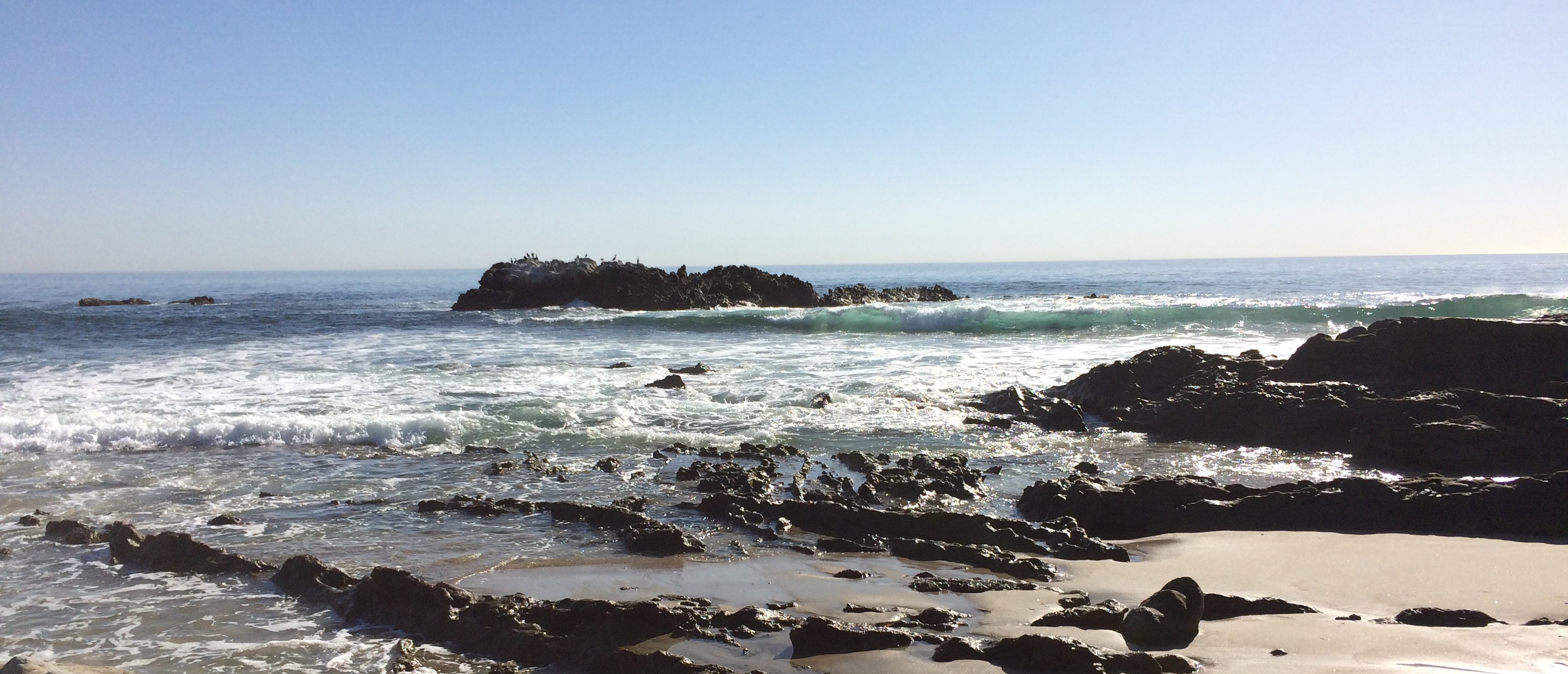On the 4th of July, I flew my American flag, as I do on most national holidays. But doing that as a white Christian could now label me with an ugly form of patriotism that believes that only those who share my racial and religious identity are true Americans.
An African American wondered aloud to a colleague whether it was wrong that he was scared to run in his neighborhood since one of his neighbors started flying the American flag. Sadly, for some, violent white nationalism has corrupted the US flag, as Ku Klux Klan corrupted the cross, and the Nazis turned the swastika, a symbol of good fortune for thousands of years, into a symbol of white supremacy, hate, and genocide.
White Christian nationalists are so invested in that identity that they feel threatened by its demographic decline, despite its continued cultural dominance. They incite fear against persons of color, immigrants, Jews, Muslims, and anyone else who does not fit their ideal. But other groups are not seeking to replace white Christians, only to dethrone them and allow for the flourishing of the many cultures within US society.
Over the years, various metaphors have expressed US cultural diversity, most famously the “melting pot,” from Israel Zangwill’s 1908 play by that name. But for many peoples, this meant assimilation, melting away differences so they would not dilute the white Protestant Christian core.
More recently people have suggested the image of a salad or a mosaic, where each piece retains its distinctiveness, but contributes to a more beautiful whole. This better reflects the multicultural nature of US society, and the ideal of freedom for all people, which was asserted in the Declaration of Independence and enshrined in the US Constitution. While these freedoms were originally extended to white land-owning men, they have been expanded over the years to include all Americans, regardless of gender, race, religion, or cultural background.
We are largely a nation of immigrants, and features of our dominant culture have roots in many countries. The hamburgers and hot dogs many of us ate on the 4th of July came from once-feared German immigrants. The fireworks that are inseparable from the holiday originated in China. The rock and roll music that provides the soundtrack to our celebration draws on jazz, blues, and gospel, genres with African roots. Yet people today see the contributions of non-white, non-Christians as a threat to the nation’s cultural core.
For example, PBS’s 2021 program “A Capitol Fourth” featured a wide range of music performed by artists of different races, representing our national diversity. However, host Vanessa Williams faced backlash for performing “Lift Every Voice and Sing,” known as the Black National Anthem, and was accused of being divisive and even racist for performing something other than the official national anthem. The program did not replace or slight “The Star Spangled Banner,” which soprano Renee Fleming performed as the show began, but merely added a song that held significance for African Americans. White Christian nationalists seem determined that their culture not only be dominant but exclusive.
In the face of such narrow thinking, I was encouraged by the podcast “Renegades: Born in the USA,” in which Barack Obama and Bruce Springsteen discuss the current state of this country, covering race, money, the American Dream, masculinity, and more. In the final conversation, Obama points out that the United States is the only nation on earth that brings together people from every culture, every religion, and every country on earth. And, he says, if we can get it right, we can inspire people around the world. He places his hope in the rising generation, the majority of whom hold an inclusive view of this country that does not discriminate on the basis of race, ethnicity, religion, gender, or sexuality, and who take seriously the threats of climate change and economic inequality. The question is whether we can hold things together until they come of age, and build a bridge to the future that they represent.
Likewise I appreciated Bruce Springsteen’s explanation of how people have misunderstood his song, “Born in the USA.” Despite its rousing patriotic chorus, the verses describe the difficulties a Vietnam veteran faces on his return home. Springsteen notes that the song demands that you hold in tension two contradictory ideas: that you can be critical of your country and very proud of it at the same time.
So I fly my flag because I will not cede that symbol to a narrow vision of America that has been used to restrict the freedoms and even take the lives of those who are different, turning the Stars and Stripes into a symbol of hate and exclusion. I fly it not as a form of blind patriotism, but a patriotism that challenges our country to be better than we are at the moment. I fly it as a sign of hope that we will become a truly inclusive nation that lives up to its founding ideals. Long may she wave!

